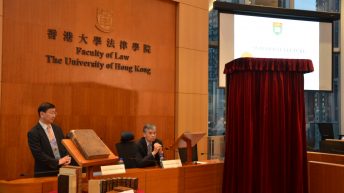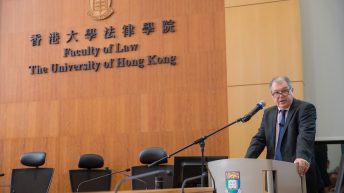Date: 22Mar 2016
Public health policy and health promotion offer vast and promising programs to the improvement of a population’s health. At a first glance, hardly anyone would question the necessity and the positive effects of such policies. However, public health promotion policies immensely rely on the promotion of “healthy” lifestyles through the creation of public risk awareness and the influence on individual behaviour. In order to achieve that goal, public health measures try to especially utilize persuasive and manipulative techniques, such as persuasive health communication and Nudging. This talk will consider the reasons and justification for public health promotion policies, including the duties and obligations that arise from international law and the right to health in particular. It will then shed light on the challenges that arise with regards to the respect for personal autonomy and the rule of law and draw first conclusions regarding the limitations of public health interventions and the use of manipulative techniques by the state in general.
Maximilian Kressner is working on a PhD in Public Health Law at the Max-Planck-Institute for Social Law and Social Policy in conjunction with the Ludwig-Maximilians-Universität (LMU) in Munich, Germany. He holds a master’s level degree in law (First State Examination) from the Humboldt University in Berlin, Germany, as well as a Magister Juris (MJur) from the University of Oxford, where he specialised in Comparative Public Law and Medical Law and Ethics. His research interest is in the area of public health promotion and disease prevention, with particular focus on the constitutional restraints on public health interventions and the protection of individual liberty and personal autonomy, and the right to health in international law. He is also tutor for public and private law at the LMU Munich and currently a Visiting Research Fellow at the CCPL.




